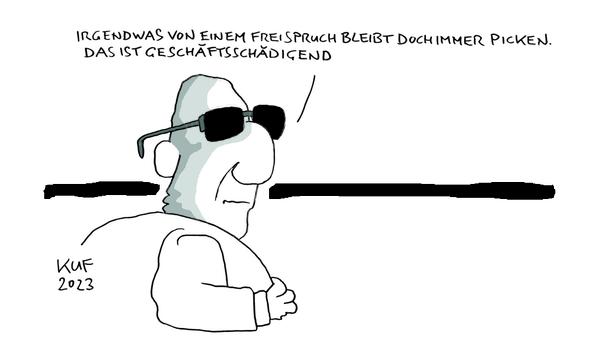Increasing the penalties in anti-corruption criminal law doesn’t solve practical issues. More details on this in the guest contribution in “DiePresse” by our partner Andreas Pollak.
Here you find the German article
The excursion of two representatives to a vacation island led to far-reaching consequences. While the political implications are well known, the government has now presented its proposal to tighten anti-corruption laws. “Corruption is poison for democracy,” and “at all levels, corruption must be pursued with the full force of the rule of law,” the responsible ministers described the legislative package with these words. But the phrase “The presumption of innocence must prevail” has also been mentioned.
This particular phrase prompts reflection, especially when considering the practices of the prosecution authorities in recent years. Since the events in Ibiza, the Economic and Corruption Prosecution Office has been investigating and issuing charges in many similar cases, with a few resulting in indictments. However, what is lacking are convictions, as there have been a series of acquittals, most recently in the Chorherr case. It is good and right that independent courts handle sensitive cases, but it raises the question of whether it should even come to that. According to the law, prosecution authorities are obligated to bring charges only when a conviction is likely based on a sufficiently clarified situation.
Blaming solely the Economic and Corruption Prosecution Office for this situation is the wrong approach. After all, there is a chain of command within the law enforcement agencies. Prosecution offices are also required to report to their respective superiors in significant criminal cases and, if necessary, seek instructions.
Unsatisfactory Current State
What is a fact, however, is that not only is the public’s trust in political institutions noticeably decreasing, but if the current routine of prosecution authorities continues, the public’s belief in effective law enforcement will also diminish. The problematic nature of the prevailing prosecution practice is evident in these numerous acquittals in corruption cases. After all, the relevant offenses typically revolve around the intent. The distinction between legal behavior and criminal activity often hinges on the motives of the individuals involved. The notion or public assumption that something might be punishable is not always legally punishable.
The political response to the unsatisfactory current state proposes new offenses and higher penalties. Future penalties could include prison terms of up to 15 years – penalties usually reserved for the most serious violent crimes, such as armed robbery. As the record shows, the severity of punishment is not the problem. The challenge lies more in proving corruption offenses and in the sometimes excessive charges. Perhaps lessons should be drawn from history – less charging, but with more substantial evidence.

